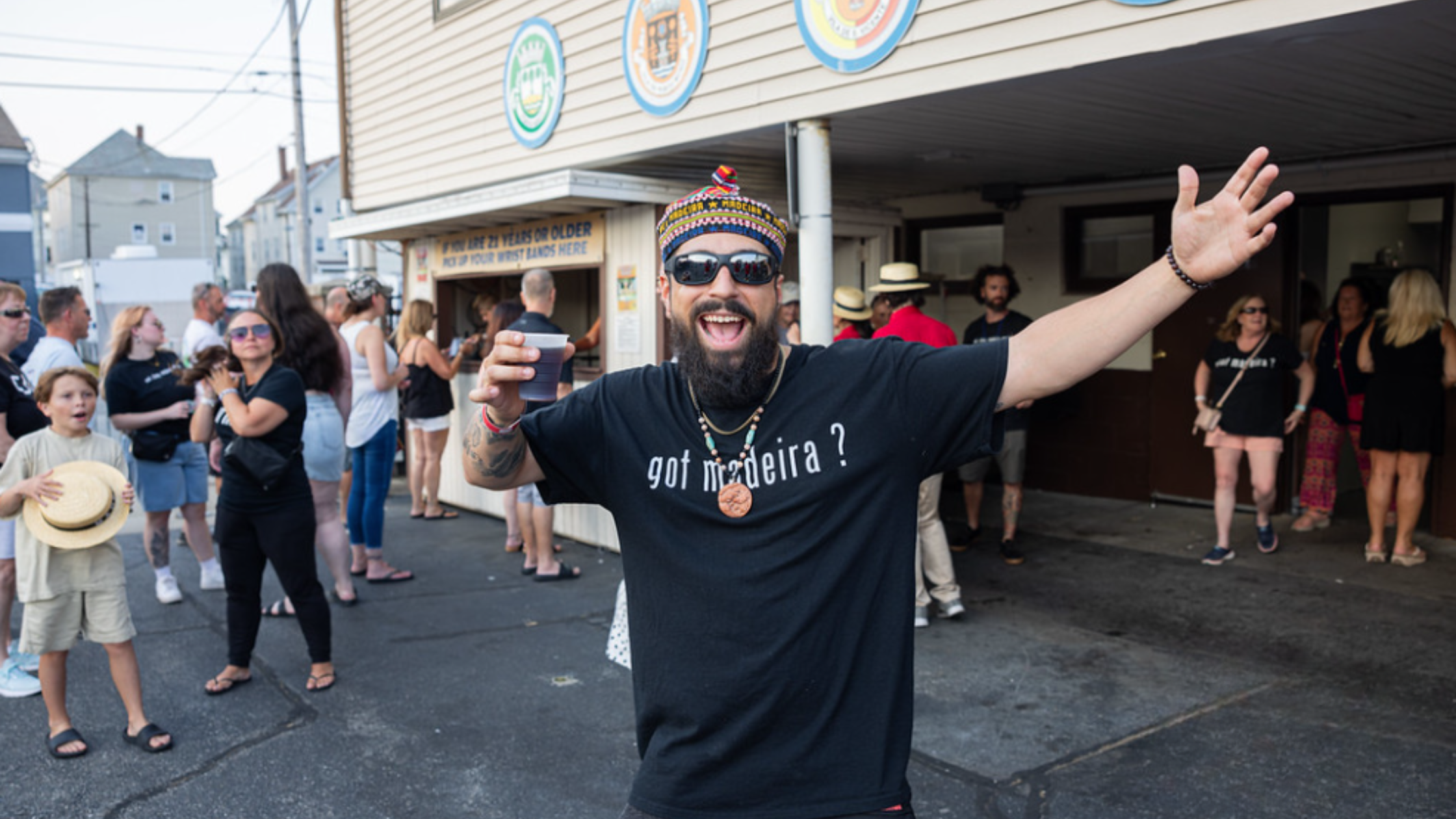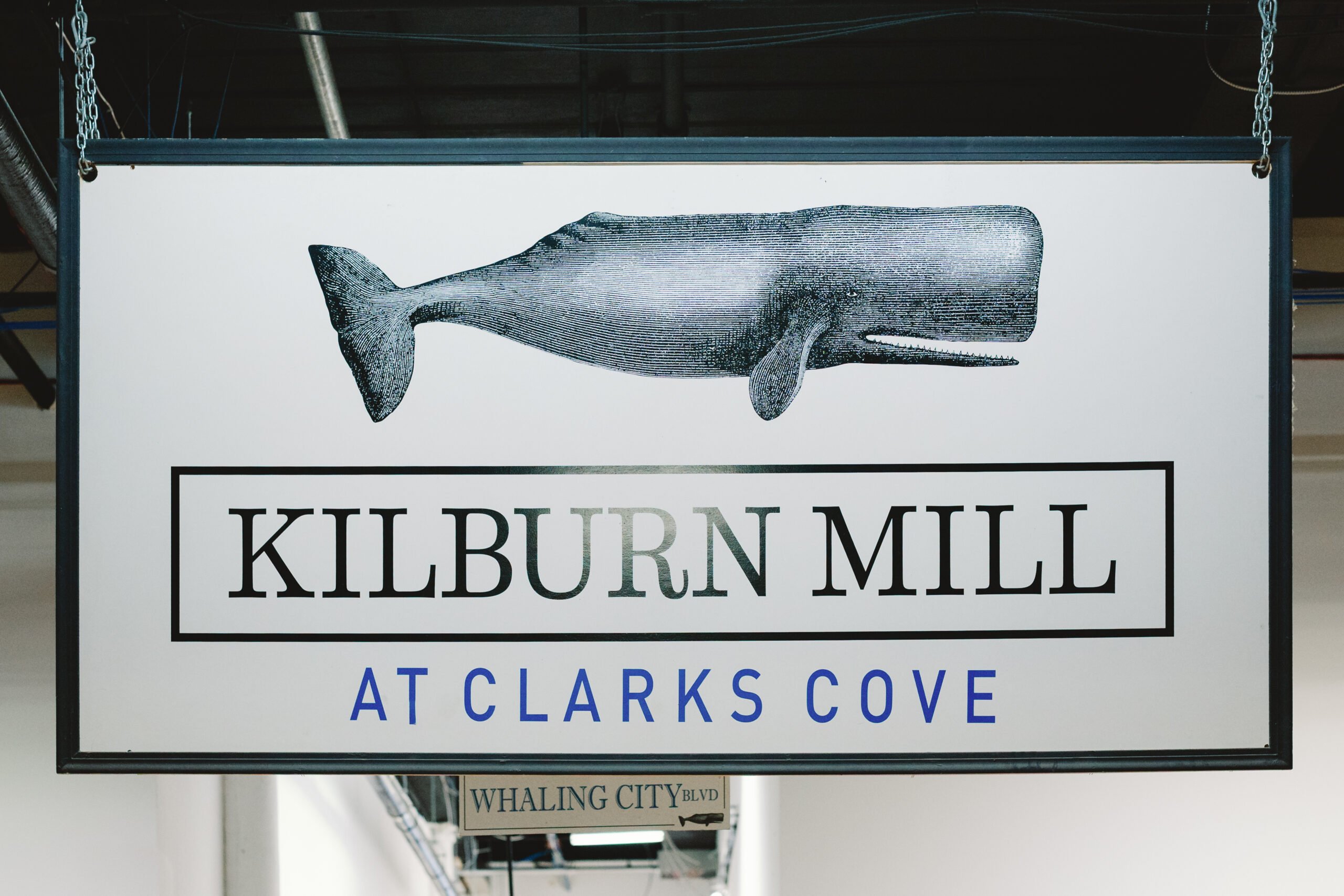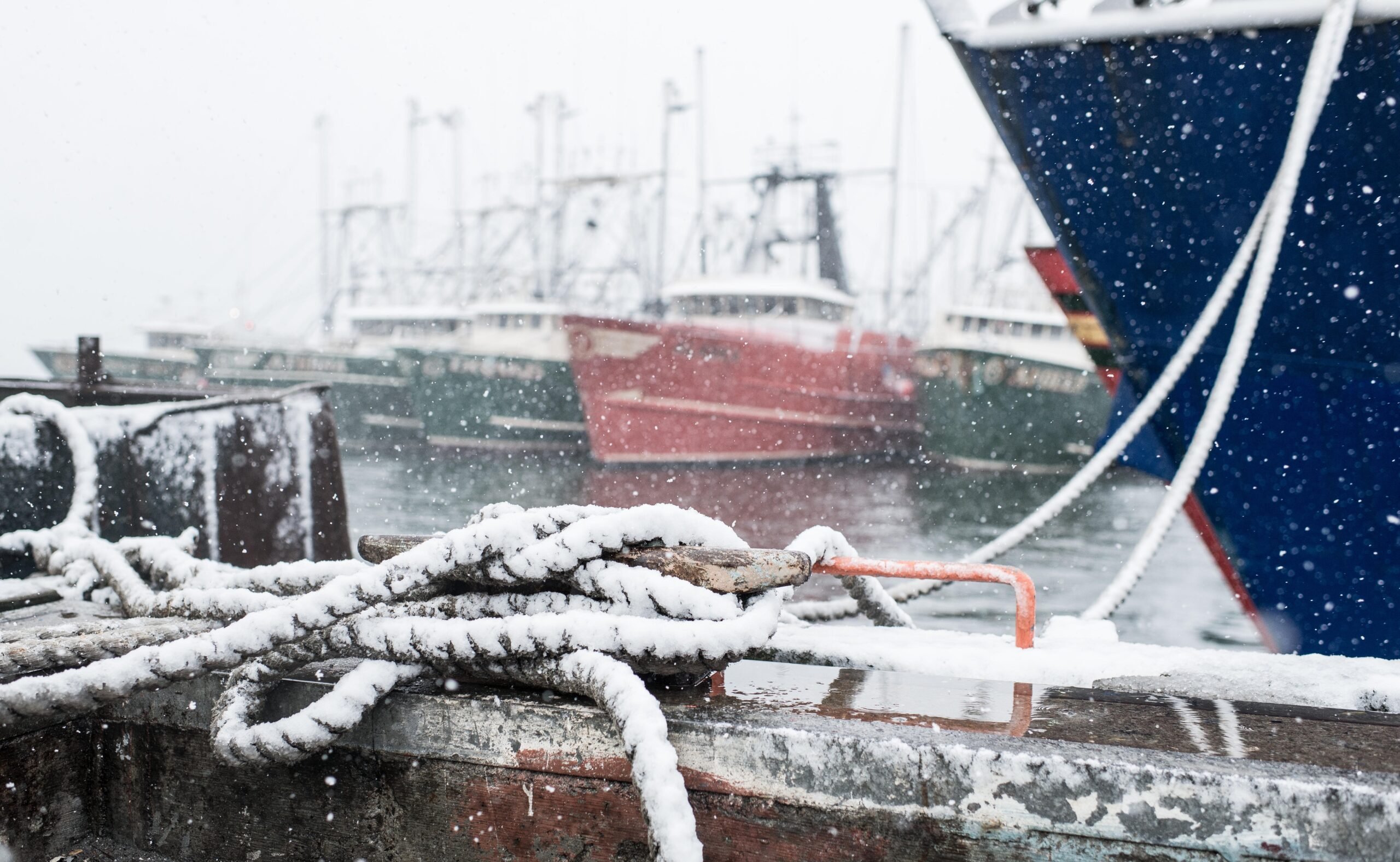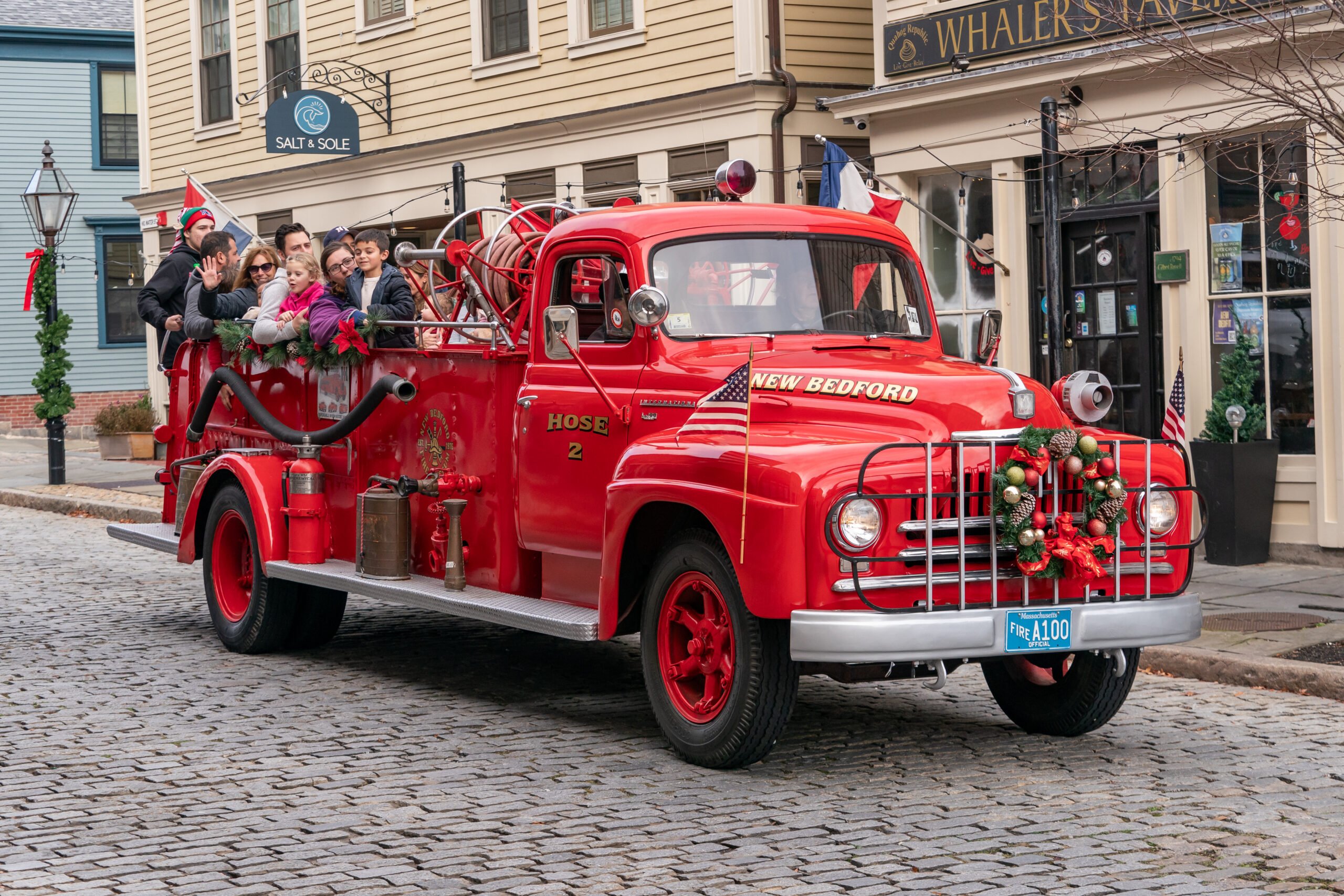Madeira wine has a history as rich as its flavor. In New Bedford, the annual Feast of the Blessed Sacrament brings hundreds of thousands of people together, toasting with Madeira wine to celebrate family, friendship, community, and culture. This feast is the largest celebration of Portuguese culture in the world, and Madeiran tradition is front and center. It’s no secret that the maritime industry played a pivotal role in bringing Portuguese culture to the United States. The lesser-told story, however, begins before the founding of the nation, with the journey of casks of wine across the Atlantic Ocean.
Madeira Wine Flavor History
In the 1700s, wine from Madeira became a popular treat in the colonies due to several factors. Withstanding the long voyage overseas made shipping most wines difficult. Madeiran wine was fortified with brandy to help keep it from spoiling. The constant tossing of the liquid due to rough seas and the high heat and humidity caused the wine to essentially “cook.” This combination produced a rich and concentrated flavor, with both nutty and caramelized notes. This flavor became so desirable that ships would often prolong their journey purposely to enhance the profile. Today, after fermentation, Madeira wine is subjected to a unique heating process called “estufagem,” to continue this flavor tradition.
A Tax Loophole
Another factor in the popularity of Madeira wine was its relatively low cost. In 1765, with authorization from King George III, the British Parliament ratified the Stamp Act, causing what the colonists termed, ‘taxation without representation.’ However, he neglected to include the European territory of Madeira, effectively making Madeira the first American tax loophole. One might say wine forged a bond that motivated Portugal, specifically Madeira, to be the first to support American Independence. It is important to note that while independence was forged for some, the import of wine was part of a larger transatlantic trade that enslaved people from Africa.
Taxation Protests before The Boston Tea Party
Meanwhile, in the colonies, the passing of the Townshend Acts, which imposed taxes on goods and asserted British authority, was causing unrest between the British and the colonists. On June 10, 1768, British customs seized the ship Liberty, owned by merchant John Hancock, an outspoken opponent of taxation without representation. Customs officials boarded the sloop, finding only 25 pipes (casks) of Madeira wine. This was not the first time they inspected a ship bearing far less than its capacity, leading them to believe that products had been offloaded in secrecy to avoid taxation. A lawsuit was filed against Hancock, and the Royal Navy warship Romney was brought into the Boston Harbor, a symbolic affirmation of British rule that enflamed the resistance. Violent protests broke out and the Romney was set on fire.
Maderia Wine and The Founding of the United States
Hancock was represented in court by John Adams. The lawsuit was characterized as political persecution against Hancock because he outwardly opposed the Stamp Act, and charges were eventually dropped. Hancock became a leader of the resistance and the first person to sign the Declaration of Independence. In 1776, while boldly signing this document that declared the advent of a new nation, Hancock and fifty-five other signatories toasted the occasion with Madeira wine at the suggestion of Thomas Jefferson.
Madeira Wine, a Historic Toasting Tradition
Madeira wine became a symbol for the fight for freedom from British rule in the colonies. This is evident in its continued integration into historical events during and after the country’s founding. Two days before the Constitution was signed, the Constitutional Convention met at Philadelphia’s City Tavern, racking up a bar tab that included fifty-four bottles of Madeira wine. The wine was also toasted during the signing of the U.S. Constitution. Madeira was toasted at many presidential inaugurations throughout the history of the United States, starting with that of George Washington and as recent as Barack Obama’s.
New Bedford Keeps Tradition Alive
During the mid-1700s, New Bedford (then Old Dartmouth) was a hub of maritime industries, making it an ideal distribution center for wine from Madeira. Over time, the maritime and textile industries brought a large population of Portuguese immigrants to New Bedford, forging a cultural heritage that remains prominent in the city today. The Feast of the Blessed Sacrament was founded in 1915 and has been importing the wine from Madeira in casks ever since. In 2001, legislation was passed to ban the exportation of Madeira wine by the barrel in efforts to preserve its integrity. This was a consequence of finding that some buyers would blend Madeira wine with other wines and then bottle and sell a wine of lesser quality.
The Feast’s Special Agreement with Madeira
The President of Madeira Wine Institute visited the Feast of the Blessed Sacrament, witnessing firsthand a steadfast commitment to tradition. A special agreement was forged between the Feast organizers and the Madeiran government, granting permission to continue providing authentic casks of Madeira wine for the annual celebration. Each year in New Bedford, during the first week of August, there are four days of authentic Portuguese culinary experiences, dancing, live music, a parade, and a carnival. Explore the full schedule of festivities, compliments of the dedicated work of the Club Madeirense S. S. Sacramento.
A Special Feast Travel Package
In partnership with Keolis massAdventures, the feast organizers are pleased to offer a special travel package for 2025. This package includes a weekend commuter rail pass, round-trip shuttle service from the train station to the Feast grounds, and a $20 food voucher for your favorite Portuguese bites at the Feast.
More MA250
Explore more of New Bedford’s revolutionary history by visiting our Visionary Voices page.



